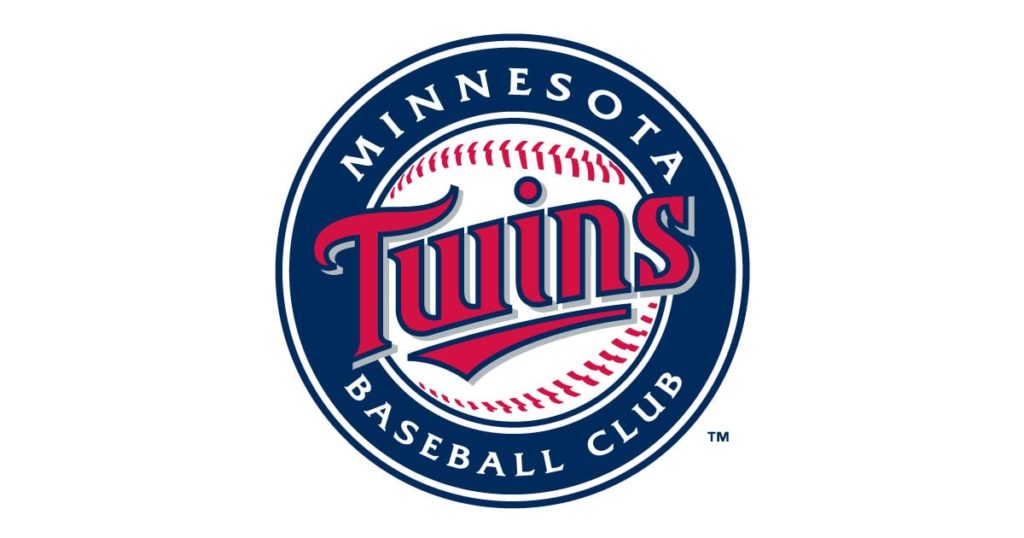The Competition in Becoming A Dietitian
- 1 Comment
- by jennifer.westerkamp
The road to becoming a Registered Dietitian is not easy, and there is a lot of competition along the way. The biggest battle is against yourself.
By: Emily Hulse
If you’re anything like me, you’ve seen it all. You’ve seen students glancing at one another’s tests as they’re handed back, anticipating comparison, you’ve heard professors explain the importance of being a stand-out student relentlessly, and you’ve read the statistics of the latest Match Round of the dietetic internship. You understand the road to becoming a dietitian is competitive, but you won’t give up on your dream.
Sometimes, it seems impossible to attain the famous RDN credential.
To become an R.D., you have to jump through hoops, including a Bachelor’s degree, Verification Statement, Dietetic Internship, and a national exam. Don’t get me wrong- these steps ensure that dietitians across the country are prepared for their positions. Producing amazing dietitians is incredibly important, but just because I’ve accepted it doesn’t make it any easier to digest!
This process can look overwhelming during the daily routine of classes, supervised practice, volunteering or working a paid job, studying, eating, and trying to exercise. This can lead to stress, mental health issues, or even fear of the future within this field. But it doesn’t have to turn out this way.
It’s easy to see how difficult the road to becoming an RDN is.
But sometimes, the obstacle most in your way is… yourself. As hard as that is sounds, it’s true that you are the only one in charge of your success. You can still be competitive without competing against others and ruining relationships with other incredible students. The best competition comes from within, from making ourselves better on the inside rather than focusing on the success of our classmates/peers, professors, and school.
Next time your professor hands out an exam, don’t focus on the student’s score next to you.
Instead, focus on how it compares to your final exam grade. If it’s better – excellent, and if not, inspire yourself to work harder. Keep track of your grades and aim to improve at each opportunity. When your professor reiterates the importance of being a stand-out student, remember that you already are one! If you feel unprepared for the future, find more opportunities for success. It doesn’t always mean joining the same clubs as your other classmates to check off another box on your resume. Maybe it means getting a job or starting a blog to keep you motivated and set you apart. Whatever it is, make sure to motivate yourself to stay humble and grounded. And finally, while the statistics don’t often lie, remember that one day after hard work and dedication, you’ll be matched to a dietetic internship, too.
While it is easier said than done, reflecting on your future career in nutrition and dietetics, your passions, experiences, and goals will help you see the importance of your choices. Instead of spending four years tearing down your classmates’ grades, build yourself up and achieve what you can. It all will pay off, even if it is hard to see during midterms week. In the end, becoming an R.D. is all worth it.
Stay humble and motivated, RD2Be’s. And remember who the real competition is: yourself.
P.S. Are you in yet? Check out Get Matched Coaching so you can land the dietetic internship of your dreams.









